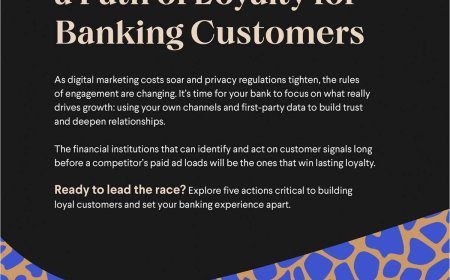Focus on Younger Audiences: Understanding Gen Z and Millennials

Focus on Younger Audiences: Understanding Gen Z and Millennials
In today’s fast-evolving marketplace, brands are increasingly turning their attention to younger audiences-Gen Z and Millennials-not just because of their growing spending power, but because these generations represent the future of consumer culture. Unlike previous generations, Gen Z and Millennials approach brands and products with a distinct set of values, preferences, and behaviors that require a fresh, thoughtful approach.
What makes these younger consumers particularly unique is their relationship with technology and information. Growing up in a digital age, they are constantly connected, highly informed, and quick to spot anything that feels inauthentic. They value transparency and honesty, and they tend to support brands that align with their own beliefs, whether it’s sustainability, social justice, or inclusivity. This means that brands can no longer rely on traditional advertising alone. Instead, they need to engage in meaningful conversations that respect these values and invite genuine interaction.
Understanding the way Gen Z and Millennials consume content is key to connecting with them. Short, visually engaging formats like videos, stories, and interactive posts dominate their attention spans. They prefer brands that communicate in a casual, relatable tone rather than formal or corporate language. It’s less about broadcasting messages and more about creating two-way conversations where their voices are heard and valued.
Beyond communication style, younger audiences are also shaping the way brands think about product development and innovation. They are trendsetters who influence broader market movements, often gravitating toward unique, personalized, and ethically produced products. This means brands must listen carefully and respond quickly to changing preferences, embracing agility and creativity.
Social media plays a central role in reaching these audiences, but it’s not just about presence-it’s about purpose. Younger consumers expect brands to be active participants in cultural moments and social issues, not just silent observers. They want brands to take a stand and be part of causes they care about, which in turn fosters deeper loyalty and advocacy.
What’s also important is recognizing the diversity within these generations. Gen Z and Millennials are far from monolithic groups; they come from varied backgrounds with different experiences and expectations. Successful brands tailor their approaches to respect this diversity, offering inclusive marketing that speaks to multiple identities and communities.
Ultimately, focusing on younger audiences requires brands to be authentic, agile, and empathetic. It’s about more than capturing attention-it’s about building trust and creating meaningful relationships that last. When brands understand who these consumers are-not just as buyers, but as people-they can create experiences that resonate deeply and stand the test of time.
In a rapidly changing world, the lessons learned from engaging with Gen Z and Millennials will shape how brands connect with all audiences in the future. The effort to listen, understand, and evolve isn’t just smart marketing-it’s the key to staying relevant in a landscape where the only constant is change.
























